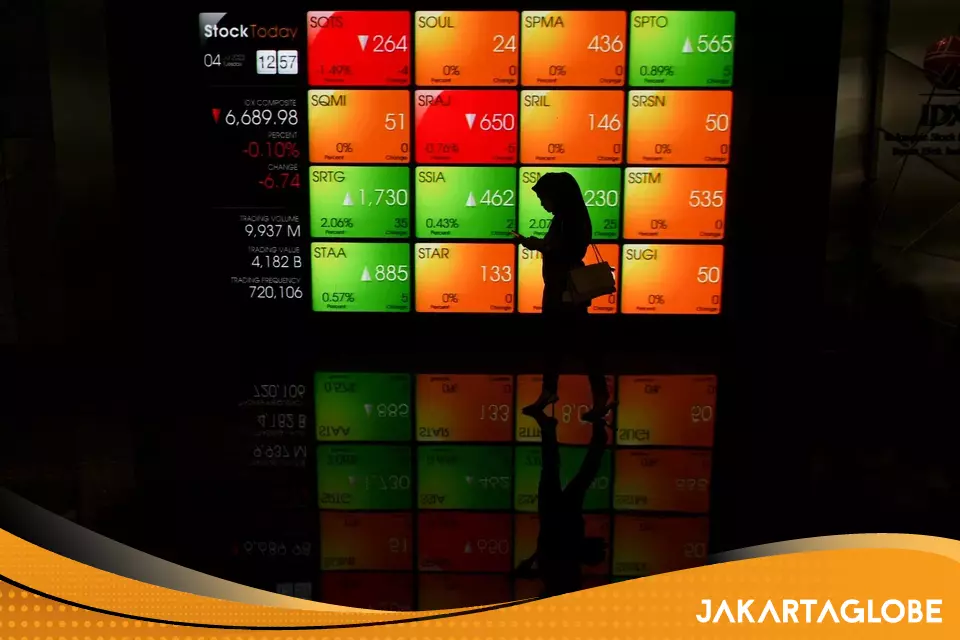Jakarta. The implementation of the Full Call Auction (FCA) on the Indonesian Stock Exchange (IDX) has stirred unease among investors.
Despite its aim to protect investors, the policy is perceived to have destabilized the market, causing significant declines in the stock market index.
Market Analyst and Professor at the Faculty of Economics and Business, University of Indonesia, Budi Frensidy, highlighted one of the negative impacts of the FCA as the substantial drop in the stock market index.
“The inclusion of Barito Renewables Energy (BREN) shares, which have the largest market capitalization, in the special monitoring board has caused our index to drop by more than 1 percent in recent days,” he told Investor Daily on Thursday.
The Composite Stock Price Index at the Indonesia Stock Exchange (IDX) plunged, dropping 43.88 points (0.62 percent) to fall below the 7000 level within the first hour of trading on Friday. Barito Renewables Energy (BREN) shares were severely hit, reaching the lower auto rejection limit (ARB).
Barito Renewables Energy shares plummeted 9.86 percent, hitting the ARB once again. The company has hit the ARB for three consecutive days since it resumed trading and was placed on the special monitoring board (PPK). As a result, Barito Renewables is subject to the FCA measure.
Stocks on the special monitoring board are traded in periodic call auctions consisting of five sessions in one day.
Budi explained that the continuous implementation of FCA throughout the trading day in Indonesia differs from other countries, where it is only applied during pre-opening and pre-closing sessions.
“In many countries, FCA is only applied during pre-opening and pre-closing sessions to minimize negative impacts on the market and provide investors with time to assess prices more effectively,” he said.
He added that the full-day implementation of FCA in Indonesia has made stock prices less transparent and increased risks for investors. “This increased uncertainty makes investors uncomfortable and negatively impacts the overall index and market stability,” he said.
Budi suggested that the FCA policy be re-evaluated to ensure that the criteria are not subjective and are fair to all parties, as it is perceived to have generated more negative effects than positive ones.
Founder of Stocknow.id, Hendra Wardana, noted that the full implementation of the FCA measure in the special monitoring board could reduce investor confidence. Investors may feel that unexpected policy interventions can unfairly influence their investment decisions.
“This adds uncertainty and volatility to the market, making it more difficult to predict and increasing investment risks,” Hendra told Investor Daily on Thursday.
Hendra believes that FCA can disrupt healthy and transparent market mechanisms by creating price distortions that should be determined by supply and demand forces.
“FCA can harm companies with strong fundamentals like Barito Renewables. Companies like this, which have good growth prospects and solid financial performance, should not be subject to the same restrictions as troubled companies,” he said.
Hendra assessed that implementing FCA for such companies could damage their reputation and hinder their growth potential, reduce stock liquidity, and increase transaction costs for investors. Moreover, this policy can disadvantage shareholders by causing a decline in stock prices and limiting their ability to sell shares.
“Finally, FCA can also hinder the attractiveness of strong companies to enter international indices, such as BREN which is in the process of entering the FTSE. For these reasons, the FCA policy can negatively impact companies and their investors and the overall capital market,” he explained.
Tags:
Keywords:




